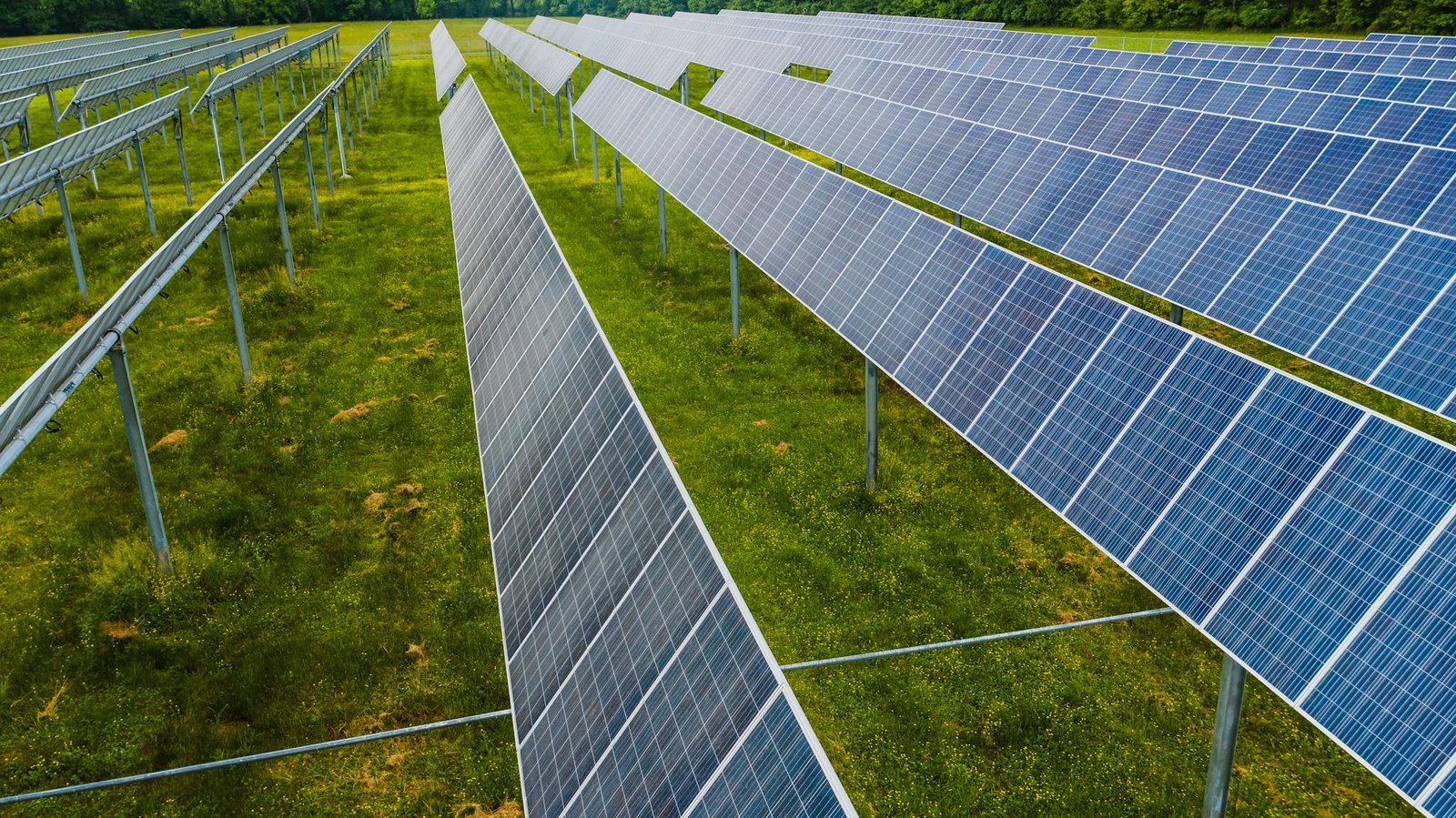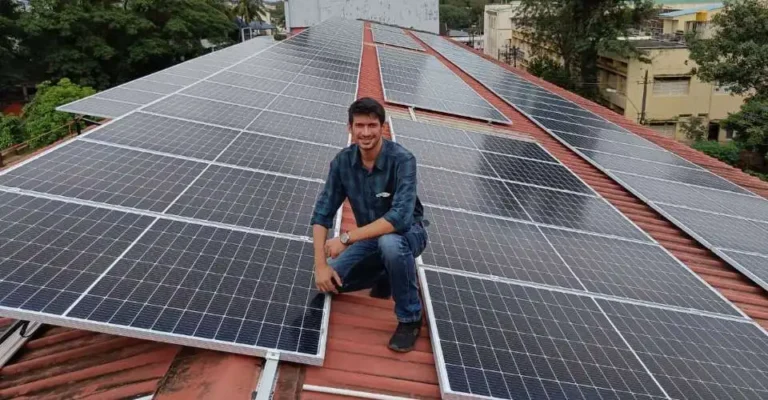
Play the Ostrich
The planet is sounding the alarm. Floods in Texas and Uttarakhand, record heatwaves in Europe, the U.S., and North India are no longer “rare events”—they are symptoms of a climate crisis spiraling out of control. For decades, scientists have warned that exceeding 1.5°C above pre-industrial temperatures would be catastrophic. That limit, once expected in 2040, was breached in 2024, with the Earth already at 1.55°C. If we continue on this path, we face an increase of over 3°C by 2050—bringing with it devastating floods, melting glaciers, rising seas, erratic rainfall, and deadly storms. Ignoring this is choosing eco-genocide. The message is clear: we must say No to fossil fuels.
In April 2024, Jesuits of India’s West Zone—covering Goa, Gujarat, Pune, and Mumbai—decided to lead by example. They committed to powering all schools, colleges, residences, and institutions entirely by solar energy within three years. Goa blazed the trail, reaching 90% conversion by April 2025. Pune, Mumbai, and Gujarat are at 60%, with Bombay Province producing more solar power than all others combined due to its larger network of institutions. Funding has come from alumni, Jesuit agencies, and corporate social responsibility initiatives. The message is simple: renewable energy is not only possible—it’s already happening.
But local efforts are not enough if global action lags behind. Despite the Kyoto Protocol (1997) and Paris Agreement (2015), governments continue to prioritize short-term interests. Fossil fuel use is still surging in major economies like China and India. COP30 in Brazil this year is a defining moment. Will leaders commit to a time-bound end to fossil fuels—or will they stall while the planet burns?
To push for change, Jesuits have expanded their mission from demonstration to advocacy, joining with religious congregations worldwide—around 700,000 men and women—to pressure governments into action. Their demands are bold but necessary: phase out fossil fuels, cancel the debts of poorer nations, and shift to agroecological farming to secure a sustainable global food system.
The campaign calls on all citizens to act. At https://www.ecojesuit.com/ndcs-for-cop30/, you can send an automated message to your government, urging them to commit at COP30 to ending fossil fuel dependence. The goal is to flood decision-makers with hundreds of thousands of appeals—showing that people across the globe are united in their demand for climate justice.
Action doesn’t stop at advocacy. Every household, community, and institution—especially in sun-rich countries like India—can switch to solar power. Churches, schools, housing colonies, and offices can serve as living proof that clean, renewable energy is achievable now. The sun gives us energy for free—we just have to harness it.
We have a choice: lead the change or bury our heads in the sand like the proverbial ostrich. The time for half-measures is over. The fight for our planet’s future starts now—powered by the sun, driven by courage, and united by a commitment to leave a livable Earth for the generations to come.
Fr. Frazer Mascarenhas S.J.
Coordinator, Ecology Platform,
Jesuit West Zone Provinces.
The West Zone consists of the jesuit Provinces of Bombay, Goa, Gujarat and Pune
A Platform for Jesuits to network & collaborate

Communication, Advocacy and Research
Communication, research and advocacy on environmental issues are a great way to keep the momentum going in our care for our common home

Advocacy
Influencing policy, and inspiring action to protect natural systems that sustain life.

Renewal Energy Network
Provinces have already moved towards achieving a zero-electricity bill through the use of solar energy

Spirituality, Education, Awareness and Lifestyle
Becoming a well-spring of thought, word and action and deepening of our understanding that our common home

Agriculture and Natural Resource Management
Leveraging our knowledge of tree-planting drives, water harvesting, watershed management and organic farming
Ecology News
Sharing and Learning of best practices from each other



